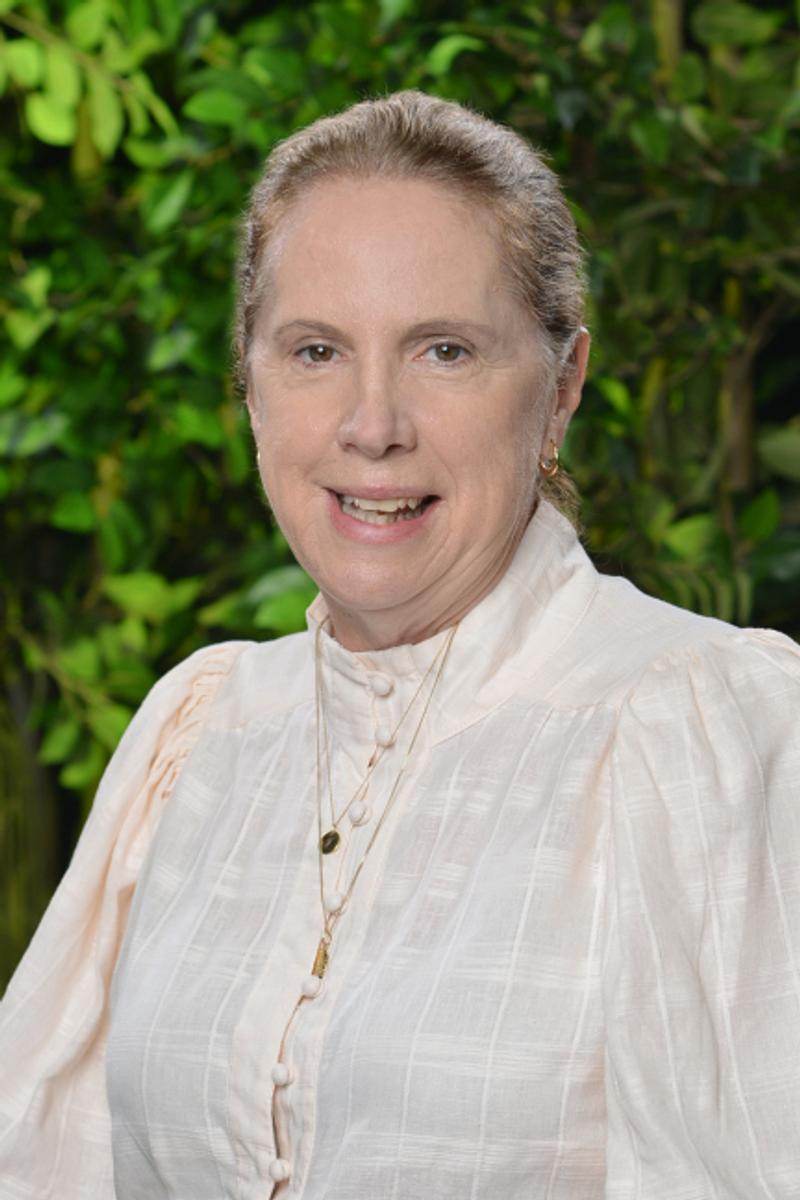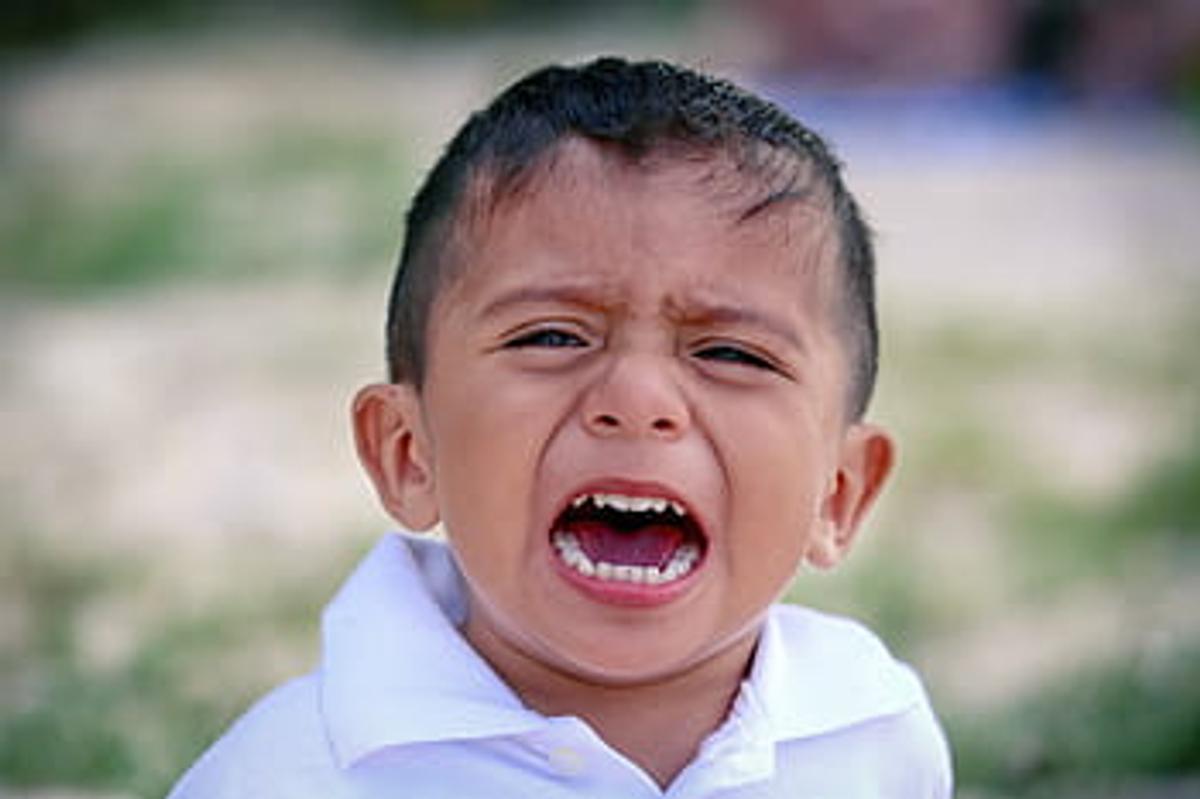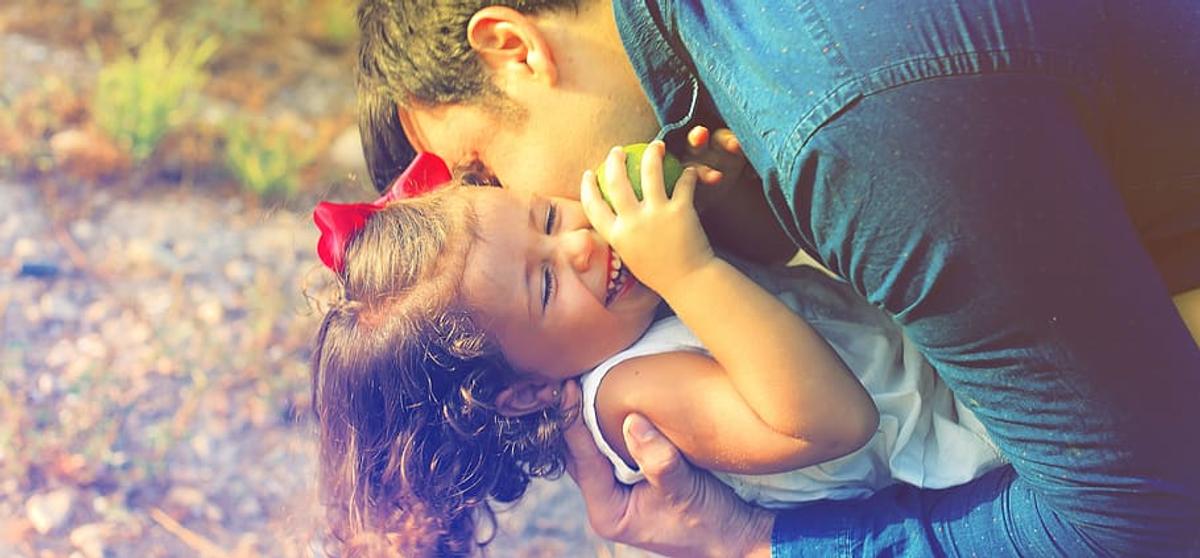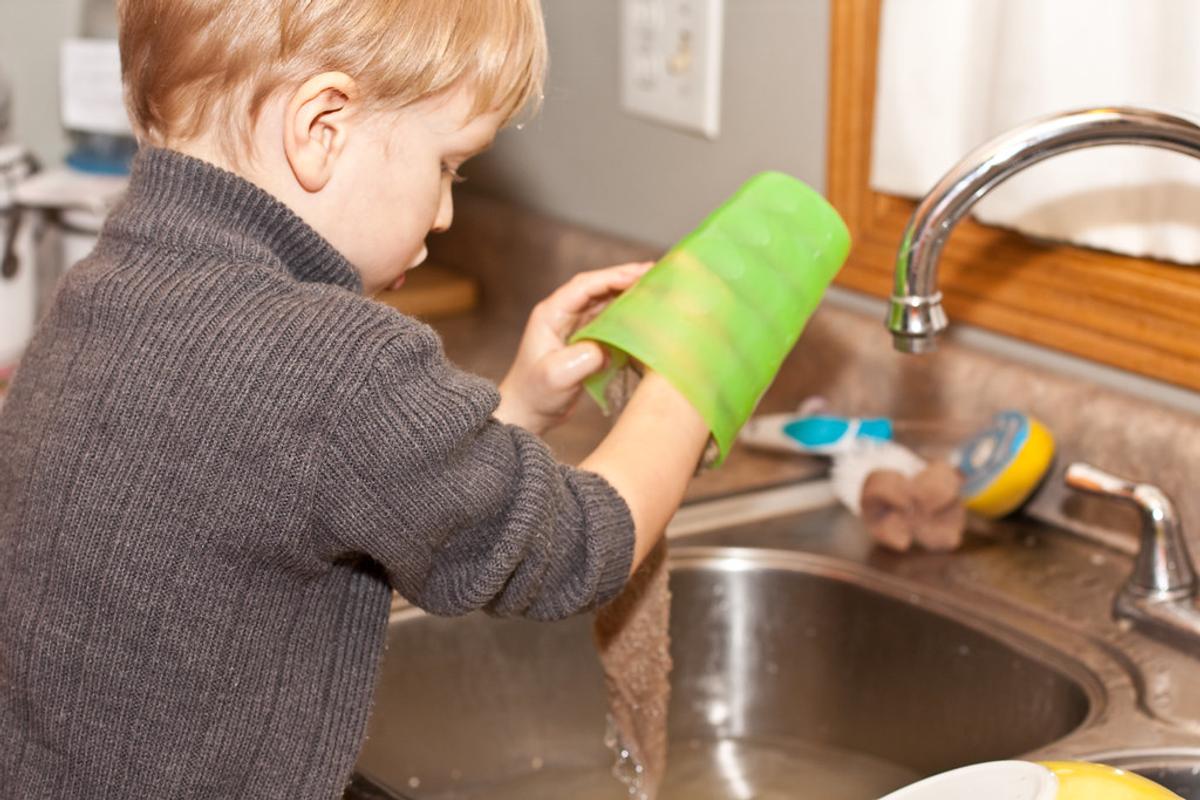Diverse Learning

Parent Reading
The article is very helpful as it lists some simple, practical strategies for nurturing literacy for families – students, parents and guardians. The strategies can also be useful for parents looking to embed literacy and immersive activities across topics and disciplines.
Mathematics Competitions
Our students have now competed in the second Maths Olympiad & Maths Game competition paper. Maths Olympiad is for high-achieving Years 5 and 6 students and allows teams and individuals to ‘put their talent to the test’ and compete against other schools and students across Australia and New Zealand. The Maths Games provides challenges for our students in Years 3 and 4 with an opportunity to learn and develop valuable math problem solving skills, while fostering an appreciation of math and its application to the real-world.
The Olympiad & Maths Games comprises four separate contests roughly six weeks apart, starting in early Term 2, and students should complete all four contests. Here are some sample Olympiad questions:
- Calculate 4 × 5 × 6 × 25.
- What is the sum of all the odd numbers from 1 to 19 inclusive?
- Mara and Tara each have some pencils. If Mara gives four pencils to Tara, they will have the same number of pencils. If Tara gives two pencils to Mara, Mara will have 3 times as many pencils as Tara. How many pencils does Mara have?
Parent Resources
Below is a list of programs and services for gifted and talented students that may help direct parents toward valuable enrichment and other services.
Hoagies’ Gifted Education Page:
Resources, articles, books and links to help and support parents, teachers, and gifted children alike.
Khan Academy
A free online resource available to everyone providing children, parents and teachers with interactive challenges, assessments, videos and lessons. Subject areas include mathematics, science, computer programming, history, art, economics, and engineering.
Website:
Gifted Kid Zone Book Series
This series of books about a family of five gifted cheetah cubs is designed to provide a few snapshots of the world of the gifted and talented child. While written and illustrated on a child’s level, they also help adults become aware of some of the issues a gifted child could face, Here is a link to their website.
Sydney Living Museums
Sydney Living Museums provide a number of online resources for students to explore ideas in history from home. See website:
NASA Kids’ Club Online
NASA program designed for kids of all ages to explore space related subjects through fun games and challenges.
Mrs Jo Ford | Newman Facilitator
What Can You Do If Your Child Displays Challenging Behaviour?
Most children display inappropriate behaviour some of the time – that is a normal and expected part of childhood. Some children with Learning Difficulties become frustrated by their problems and they may start to transfer this frustration into anger or poor behaviour.
This means that your child's behaviour may be closely linked to their self-esteem and difficulties at school. If this is the case then you may find the following strategies useful.
- Let your child know what behaviour is OK, and what is not. Firm and consistent limits on behaviour are important.
- Respond to situations as they occur – not hours later. This helps to strengthen the link between actions and consequences.
- Rewards are as effective as, or more effective than, punishment – use them. Rewards can be anything from a cuddle to a compliment, and staying up an extra half an hour or a trip to the park to kick the ball. Remember, when giving compliments to be specific about what behaviour you are complimenting e.g “Sam I loved the way you waited so patiently for your turn, you are really growing-up!”
- Give your children some responsibilities. If they do well then reward them. if your child isn't responsible then take away the opportunity – don't punish!
- Make sure the consequences match the crime! For example, it is not appropriate for a child to be grounded for a month for arriving home 20 minutes late from school.
- Be fair! Children do make mistakes and accidents do happen. If a child has a tantrum and throws their drink on the floor then they need to have consequences. If they accidentally knock a drink over then they need to be given a sponge to clean up the mess.
- Make sure that you consistently let your children know that you love them and think they are important and special the way that they are.
- Give lots of compliments, hugs and kisses when your child has behaved well. When they have not behaved so well, use a chair, an empty room or an empty bathtub for a brief timeout period while that cool down and think about what they have done.
- Practice habits that you want your child to learn e.g. how to wait their turn, helping at home, sharing toys. Praise when they do well.
Ms Janelle Schembri | Diverse Learning Coordinator





